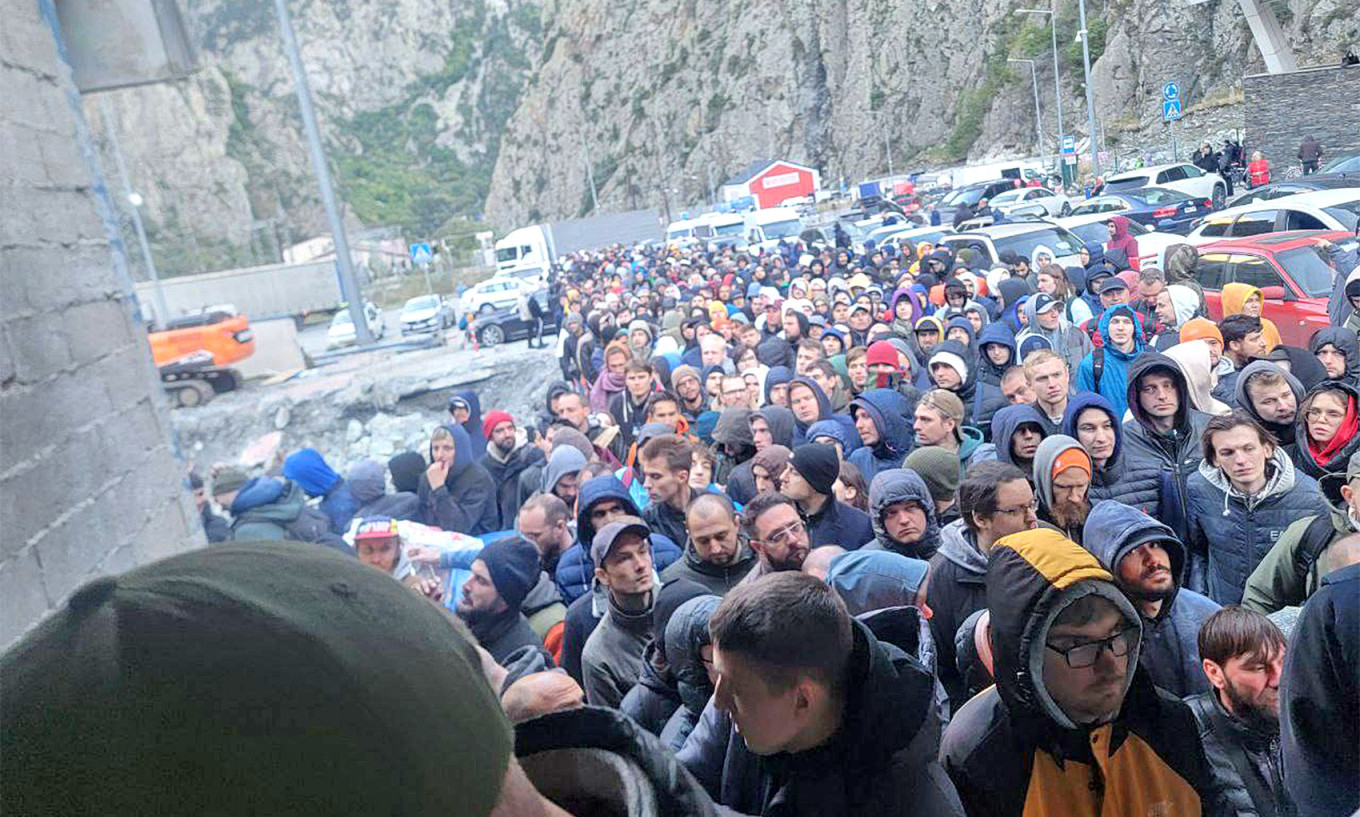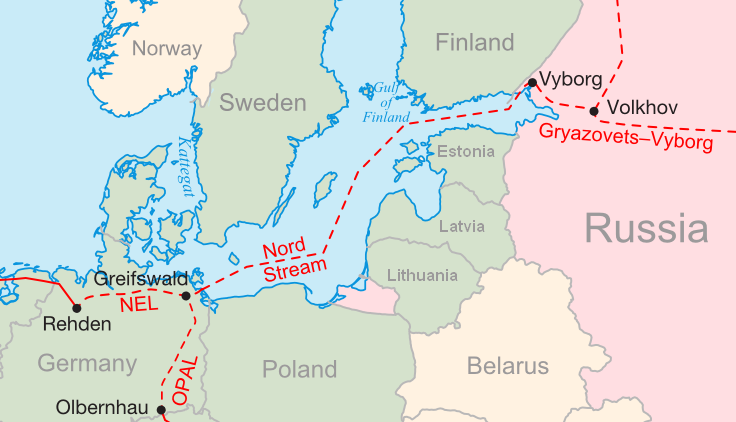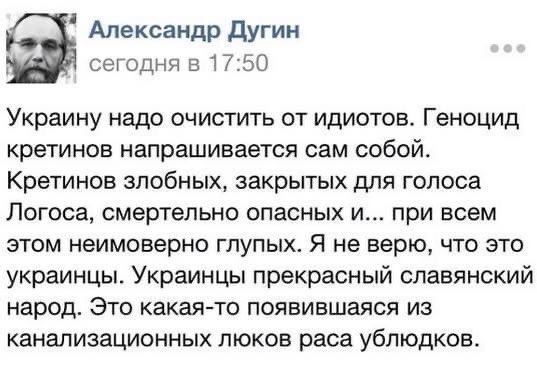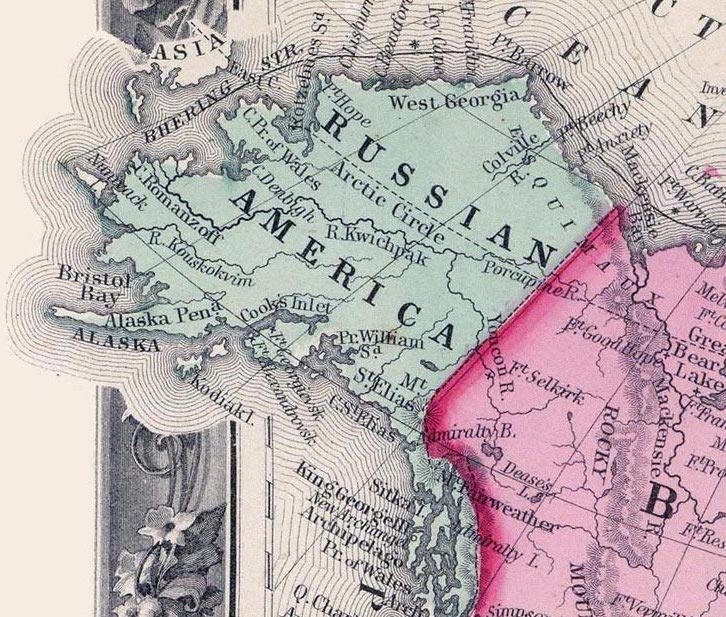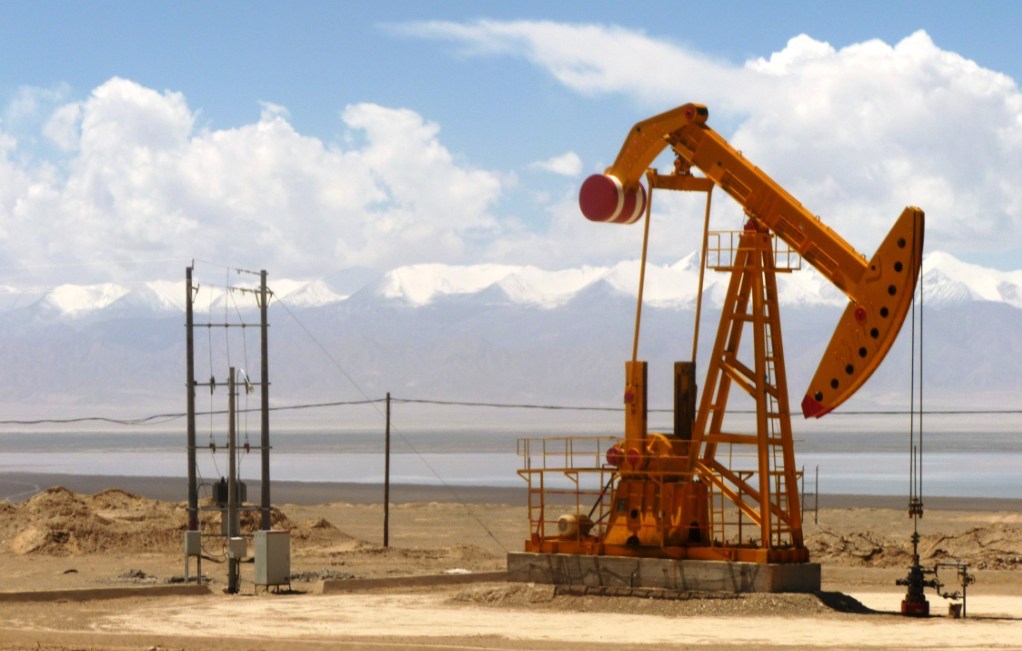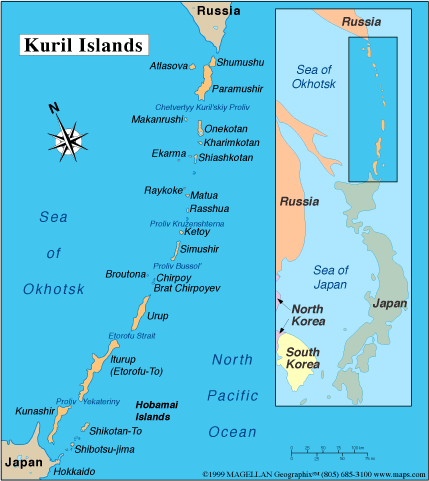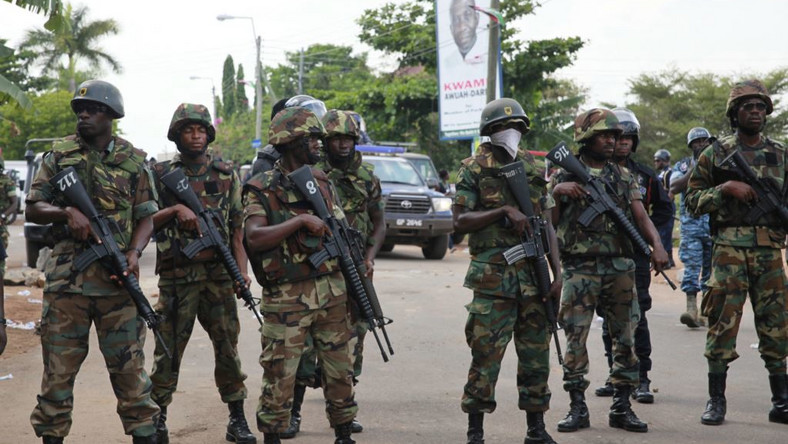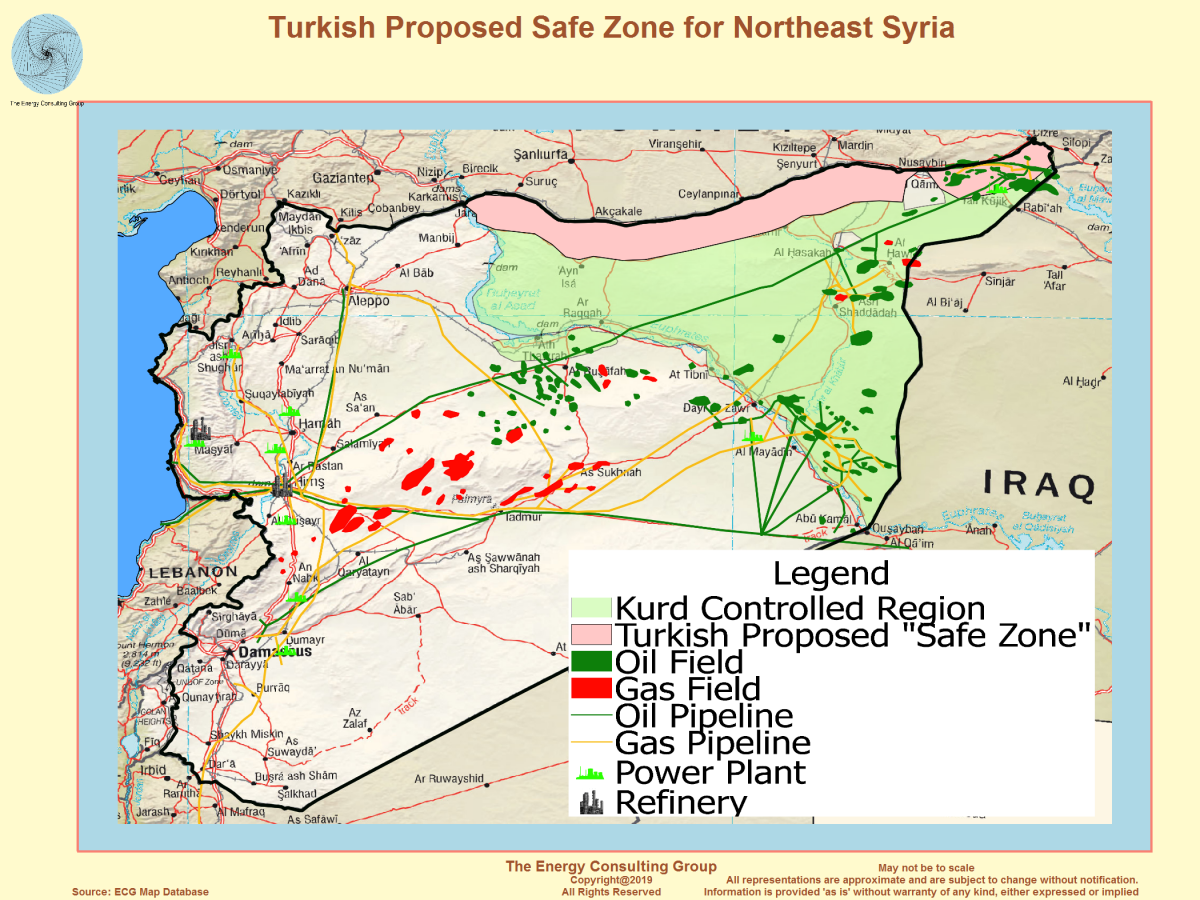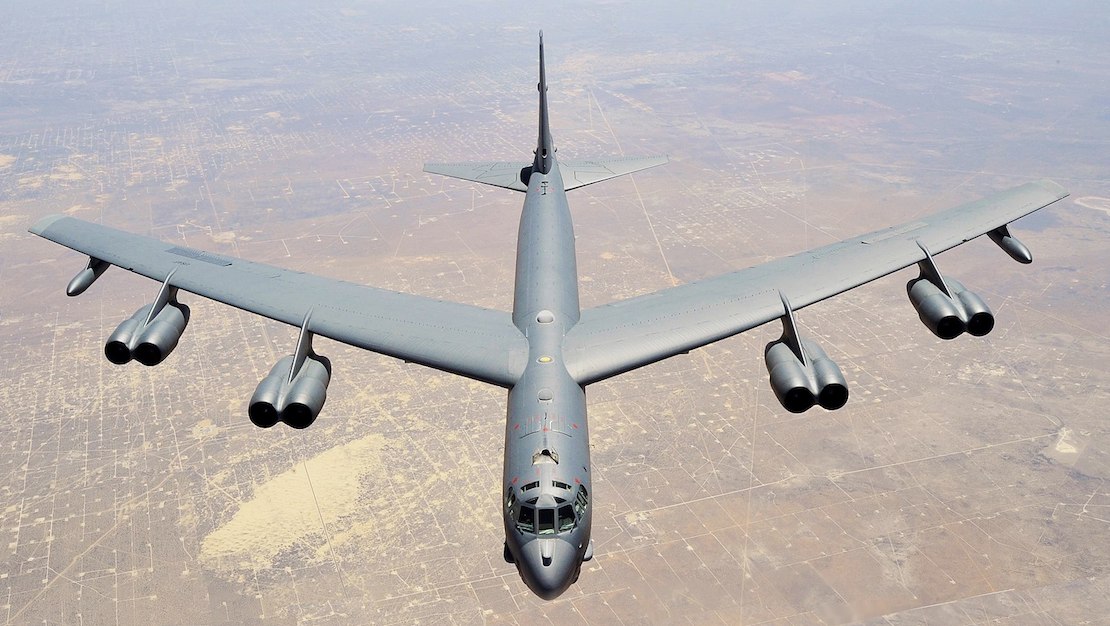
Massive military drills from North Sea to Caucasus
NATO opened an annual exercise to test nuclear deterrence capabilities in Europe, with the participation of 14 of the 30 member countries. The drill, this year dubbed “Steadfast Noon,” will run two weeks and involve 60 aircraft, mostly over the North Sea. Russia’s own nuclear deterrence drills, known as GROM, are expected to begin later this month—which means they will overlap with the NATO exercise. Iran’s Islamic Revolutionary Guards Corps meanwhile launched a large-scale military drill along the borders of Armenia and Azerbaijan. The exercise has seen construction of a temporary pontoon bridge, allowing passage of tanks and armored vehicles, over portions of the Araz River that separates Iran from the Caucasus republics. Last month, Tehran warned that it would not tolerate any seizure of territory from Armenia by Azerbaijan after border clashes broke out between its two northern neighbors. (Photo of B-52 Stratofortress via Wikimedia Commons)



